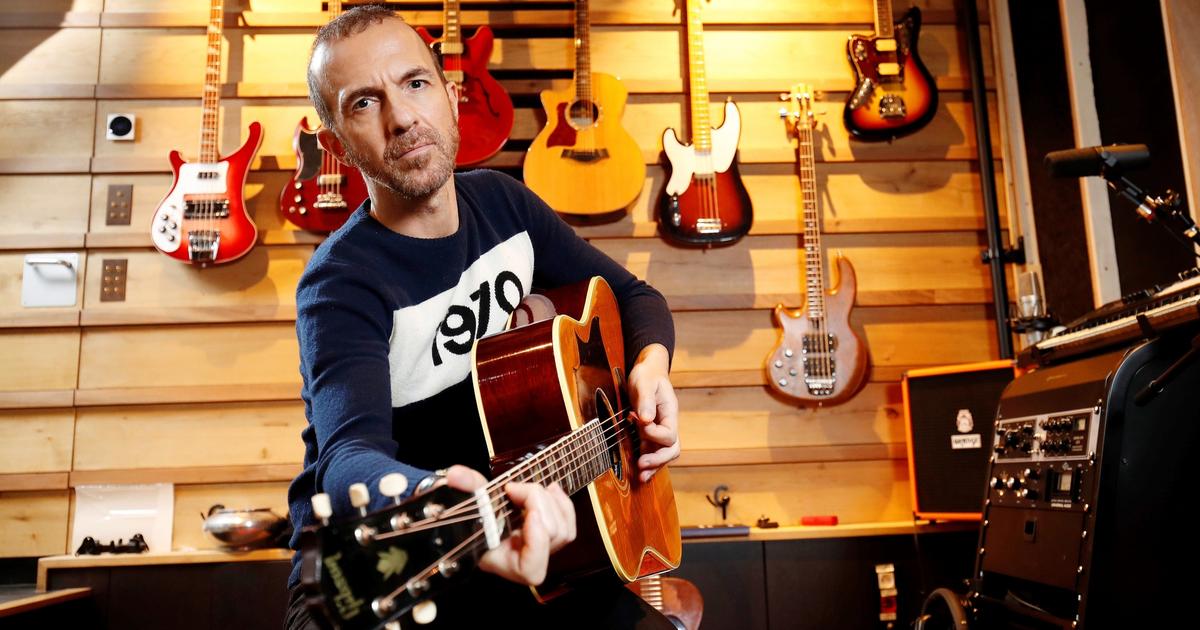Calogero Denounces Unauthorized Use of '1987' at National Rally Event
Calogero, a prominent figure in French music, expressed his outrage on Monday over the use of his song '1987' during a National Rally meeting at the Dôme de Paris. The singer took to social media to voice his frustration, stating, 'At no time did I give any authorization to broadcast my music there. I affirm that I would never have given it.' He emphasized that his work is meant for the public and not for any political framework.
The artist's discontent arose after Jordan Bardella, a candidate for the European elections representing the National Rally (RN), addressed over 5,000 supporters at the Paris Dôme. Calogero, along with Paul Ecole—author of the lyrics to '1987'—deplores this act as a serious infringement of their moral rights. Calogero stated that his legal team is considering action and reserves the right to pursue any legal measures concerning this matter.
Calogero's stance is not unique among artists. In an event that was described as having an atmosphere similar to Ibiza clubs, songs from artists like Olivia Rodrigo and Black Eyed Peas were also played at the RN meeting. According to Pierre Lautier, a lawyer specializing in copyright, political parties often argue that simply being in good standing with the Society of Authors, Composers and Music Publishers (Sacem) suffices. However, Lautier highlights that Sacem only manages exploitation rights and does not cover moral rights.
French law stipulates that artists must be asked for permission before associating their work with any political ideology or branding. Lautier further explains that an artist can seek monetary compensation through legal action if their work is used without permission, although these cases often have lengthy timelines. Alternatively, artists can opt for an amicable settlement, which are frequently confidential, or they can issue a formal notice preventing further unauthorized use.
- The use of music at political events has long been a contentious issue. High-profile cases have seen famous artists object to their works being used in political contexts that they do not endorse. This recent event involving Calogero's song underscores broader discussions about artists' rights and moral ownership of their creations.
- It’s crucial for political entities to understand the legal frameworks surrounding the use of artistic works. Failure to acknowledge and respect artists' moral rights could lead to significant legal repercussions and damage relationships with the creative community. Ensuring prior permission is essential not only for compliance but also for maintaining the integrity and intended message of the artistic works.






